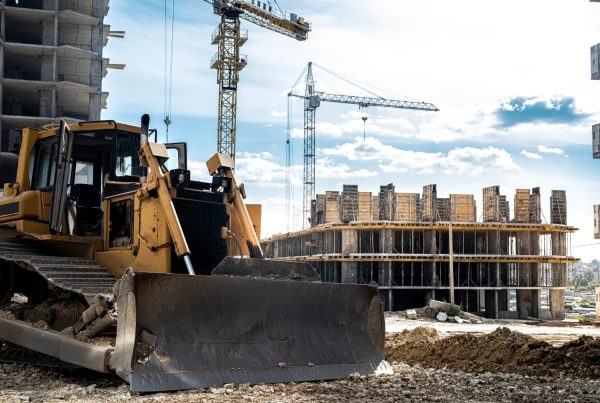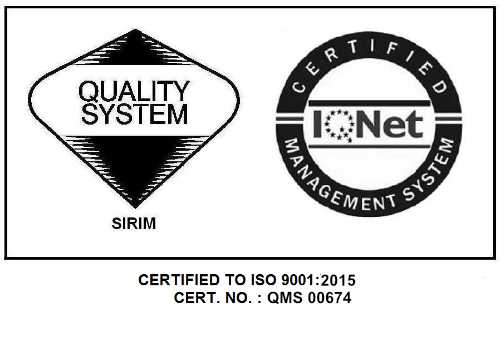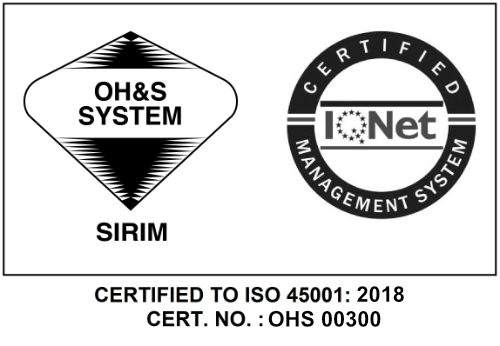
In the construction industry, where experience and know-how hold immense value, the preservation and transfer of knowledge have become paramount. With labour shortages creating a significant skills gap, mentorship programmes have emerged as a vital solution to bridge this divide.
Recent global surveys and studies highlight the pivotal role mentorship programmes play in construction companies. These initiatives ensure that the invaluable expertise accumulated over the years does not disappear with the retirement of seasoned workers. Instead, mentorship programmes preserve this knowledge, maintaining a high level of proficiency within the organisation and creating a smoother transition for new hires.
Construction firms have long recognised the importance of mentorship in maintaining industry expertise. However, the current labour shortage crisis has amplified the need for structured mentorship programmes.
The construction sector is experiencing an ageing workforce, with many seasoned professionals nearing retirement. The departure of these experienced workers could result in a significant loss of critical knowledge and skills.
Mentorship programmes provide a systematic approach to address the impending skills gap. They enable experienced workers to pass on their insights, techniques, and industry-specific knowledge to the next generation of construction professionals. By doing so, these programmes ensure that the industry’s collective wisdom endures and equips new hires with the skills and confidence needed to excel in their roles.
Beyond individual skill development, mentorship programmes contribute to the overall proficiency of construction organisations. They foster a culture of continuous learning and knowledge sharing.
Mentors serve as guides, helping mentees navigate the complexities of construction projects, troubleshoot challenges, and make informed decisions. This collective wisdom enhances problem-solving abilities and accelerates the development of expertise among the workforce. Moreover, these programmes create a sense of purpose and fulfilment for seasoned professionals as they pass on their legacy, contributing to the sustainability and longevity of the construction workforce.














